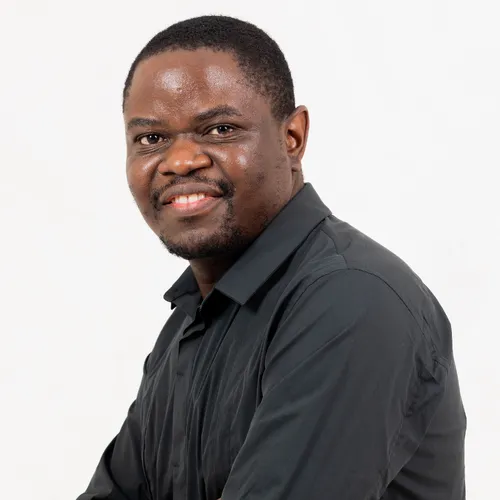Building Physics: From Thermal to Site Energy
Lecture at NUST Faculty of Architecture, Bulawayo, Zimbabwe
'Focusing on the driving forces that define the energy balance of a space, we talk about how, simply by design, a room can become too cold or too warm, impacting thermal comfort. We make clear that thermal comfort is subjective, and really connected to the climate, and that Fanger’s conclusions are outdated and based on a North-European climate.
We make another step to ‘site energy’, which focuses on how to bring additional energy to a space, when passive design is not enough. We conclude the lecture with the question: are all the mechanical systems we showed useful considering the way the students will design in their climate/culture?'
This lecture is part of the collaboration of the Transsolar World Academy and NUST Faculty of Architecture in Bulawayo, Zimbabwe on the topic of Building Physics. The Transsolar World Academy contribution complements the university's Sustainable Building course and was held by Elise Roussel and Tommaso Bitossi on October 28, 2022.
Overview content:
Thermal comfort | Thermal balance PMV and PPD | Mean Radiant Temperature, Operative Temperature | Thermal comfort standards | Building Physics, Materials | Building Physics, Energy Equation | Building Physics: From Thermal to Site Energy | From source to thermal energy | Comparison between the 2 most common energy mediums | Terminals to deliver heating and cooling into a space | Efficiency | Air Handling Unit | Energy Storage | Do we really need all of this stuff? | Damascus Lycée Charles de Gaulle, Atelier Lion | Lebanon Bekaa Valley School for refugees, Najjar Najjar Architects

Initiator: Innocent Mhandu
Innocent is currently a Consultant - Climate and Susainabilty with a Singapore based company GreenA Consultants Pte Ltd. Based in Africa he works on the company projects around Africa. He is both, a NUST alumni and Transsolar Academy alumni in 2017. He started the collaboration between Transsolar World Academy and The Departrment of Architecture at NUST.
